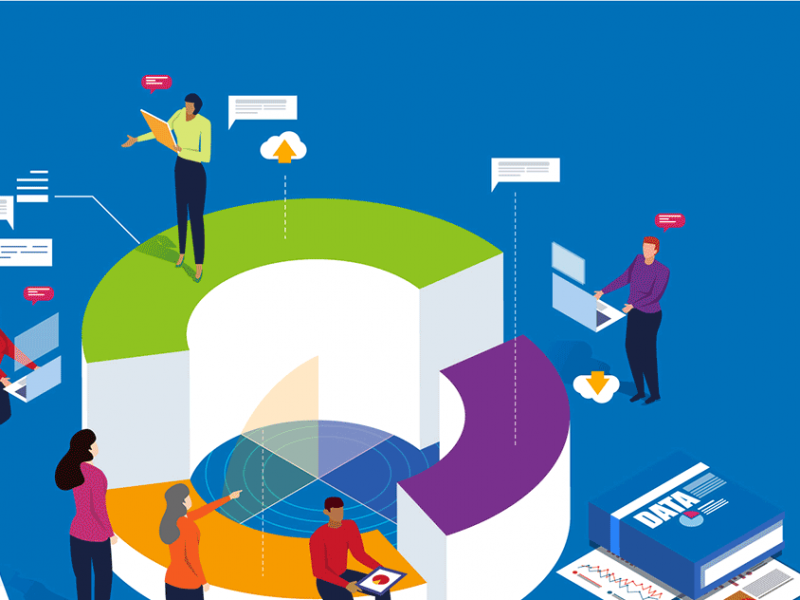Digital Fluency Stackable Micro-credentials for the Workforce
In the technology-driven changing world of work, some individuals are being left behind and outside the workforce. Those lacking basic digital fluency are among the most seriously disadvantaged in a digitally disrupted economy, including youth, newcomers, racialized people and those lacking essential skills. On top of that, the cost and time needed for traditional education and training programs to develop and demonstrate skills can be out of reach for some learners. At the same time, Canadian industry faces unprecedented skilled-labour shortages in all sectors. Upskilling of employees to address this skills gap is an urgent priority.
With community and industry partners, Humber College has identified a need for cross-sectoral digital fluency training that is flexible and responsive to the learner’s level of readiness, style, and needs. Future Skills Centre is investing $957,000 in Humber’s stackable digital fluency micro-credentials project, which will be delivered in partnership with community employment centres and provide a recognized and affordable alternative to meet the needs of learners and the core digital fluency skills required by Canadian industry.

Humber’s proposal involves the development of a series of three micro-credentials (basic, intermediate and advanced) that will come together to form the Digital Fluency Stackable Micro-credential.
Experimenting with face-to-face and digital delivery, learners will engage in a micro-assessment for each level and if they demonstrate the skills, will earn that level of micro-credential. If the learner does not pass the level, they will engage in micro-learning and then be re-assessed to earn the micro-credential, moving through the series to build a core set of transferrable digital fluency skills that will be relevant across industry sectors in Canada.
Evaluation Strategy
This project will be evaluated using tools and approaches aligned with its goals, context, and stage of development. The evaluation will focus on generating the right evidence at the right moment to move the intervention forward. Read more about our evaluation strategy.

Featured Projects
Skills Development in SMEs for Faster Adaptation to Job Market Changes
From data to decision: AI training and professional certification




